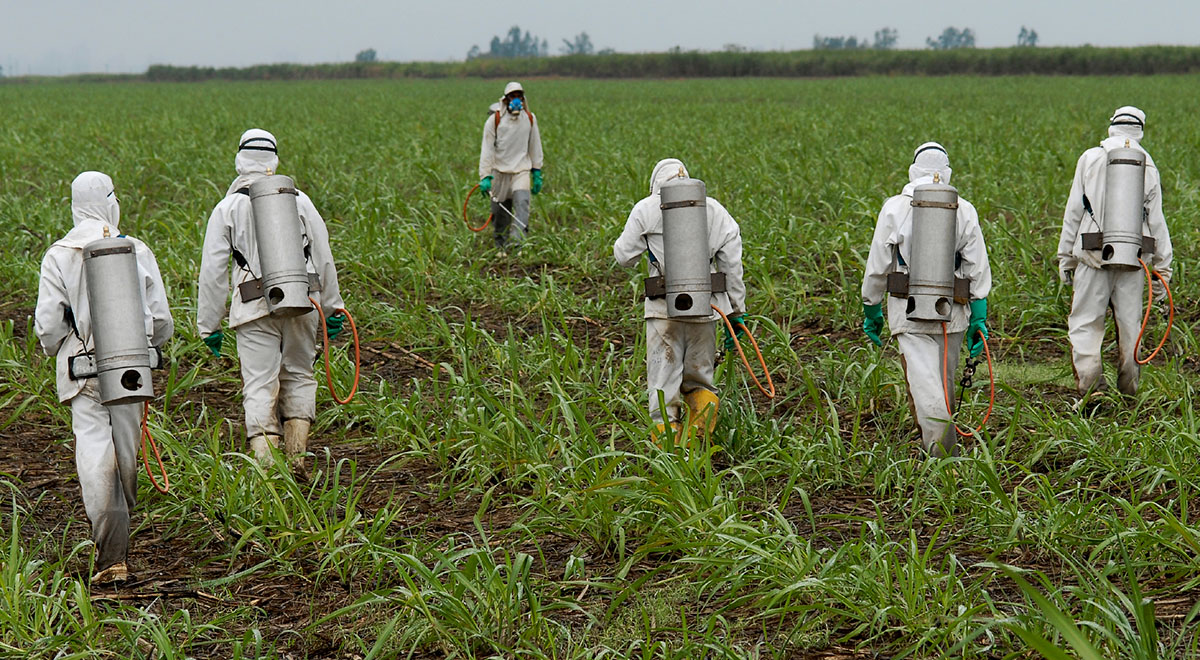Roundup History
Roundup, the most popular and profitable weed killer ever sold, uses glyphosate as its most active ingredient. Glyphosate is toxic to most broadleaf plants and grasses. It kills most plants it comes into contact with, instead of targeting certain weeds or plants.
However, as the years went on, science questioned the safety of glyphosate. Studies have shown that the chemical might cause illness to humans and cause damage to the environment. The International Agency for Research on Cancer categorizes glyphosate as possibly carcinogenic to humans—essentially, the IARC is saying this toxin may cause cancer.
In 2018, Roundup was purchased by Bayer. By then, consumers had filed thousands of lawsuits linking Roundup to cancer. The most common cancer associated with Roundup is non-Hodgkin’s lymphoma. Bayer committed to begin in 2023 replacing “its glyphosate-based products in the U.S. residential Lawn & Garden market with new formulations that rely on alternative active ingredients.”
Roundup Cancer Lawsuits
Monsanto has settled over 100,000 Roundup lawsuits, paying out about $11 billion as of May 2022. There are still 30,000 lawsuits pending. This includes 4,000 cases in multidistrict litigation (MDL) in California. MDL cases are not class-action suits. Instead they group cases together so that instead of answering the same question repeatedly in each separate lawsuit, the courts can resolve some specific issues for all of them at once.
In June 2022, the Ninth Circuit filed a decision in a Roundup case. In the court’s opinion, the Ninth Circuit urged the Environmental Protection Agency (EPA) to reconsider its conclusion that Roundup does not cause substantial harm to people or the environment. Also in that month, the Supreme Court dismissed an appeal by Bayer in another Roundup case.
In July 2022, the 11th Circuit ruled that Bayer had failed to adequately warn about the risk of cancer from Roundup.
Does Roundup Really Cause Cancer?
While the EPA suggests that there’s no direct link, the International Agency for Research on Cancer’s stance is more in line with scientific evidence. A study from the University of Washington found that exposure to glyphosate increased an individual’s risk of non-Hodgkin’s lymphoma by 41%. That is significant.
The CDC recently released findings that up to 80% of Americans may have traces of Roundup in their urine, showing they have been exposed to it. Considering that 200 million pounds of Roundup are sprayed annually on U.S. crops, it is not surprising most of the population has been exposed to it.



